…but not for those who want to “circumvent Church teaching”
As I started to sift through the coverage of Amoris Laetitia, it became apparent that some selective reading and reporting had taken place, even in direct opposition to the Pope’s specific guideline: “[I]f someone flaunts an objective sin as if it were part of the Christian ideal, or wants to impose something other than what the Church teaches, he or she can in no way presume to teach or preach to others; this is a case of something which separates from the community.” (297)
The document repeatedly affirms Church teaching on marriage. With regard to “irregular situations,” Francis starts his detailed analysis by reminding us that his new pastoral approach applies a longstanding tradition: “The Church’s way, from the time of the Council of Jerusalem, has always been the way of Jesus, the way of mercy and reinstatement…” (296)
In other words, labeling situations (marital or other) as “irregular” should only be done with an eye towards helping the situation to be remedied, and not to condemn.
People who read only this section miss some important clarifications.
Earlier in the document, Francis specifically addresses annulment by referring to the two documents in which he reformed the annulment process. It’s as if he’s pre-empting the suggestion that the internal forum could replace the annulment process in certain cases, thereby rejecting the Kasper proposal.
Nevertheless, the fact remains that there are many complicated situations which faithful Catholics are living. He goes on to examine situations which marriage tribunals face every day. Additionally, he restates the Church’s position on same-sex marriages.
To be fair, I’m leaving out other parts of the document which cover family, its importance, education of children, etc. My purpose here is to prepare us for the more complicated part of the document, Chapter Eight: “Accompanying, Discerning, and Integrating Weakness.”
Here he calls upon the recurring image of the Church as a field hospital: we have to help people in crisis. We can’t simply diagnose and then walk away.
Every one of us has lived through personal crisis. Not infrequently, the diagnosis was not the challenge, but rather the treatment.
As Francis examines various scenarios — cohabitation, divorce and remarriages, single-parent families, etc. — he is telling pastors to help individuals first evaluate, including their own culpability, and then to do what they can to heal. He writes, “Priests have the duty to accompany [the divorced and remarried] in helping them to understand their situation according to the teaching of the Church and the guidelines of the bishop.”
He recommends the use of internal forum, not as a way to get around established Church teachings and processes, but as a true safe space where individuals can work with the guidance of a priest (who’s not afraid to smell like his flock).
Within this section, which is really a proposal for a moral analysis of the couple’s situation, he writes, “[I]t can no longer simply be said that all those in any ‘irregular’ situation are living in a state of mortal sin and are deprived of sanctifying grace.” This an extremely complicated concept for those who do not understand the tradition of the Church’s moral theology. Although it sounds as if we’ve reached a new point, I am inclined to think that he means it in the context of the exhortation’s narrative. There’s nothing new in this statement.
Circumstances can mitigate culpability, and the Church has long distinguished between actual grace, which is operative regardless of one’s moral standing, and sanctifying grace, which is operative precisely because of the individual’s state of grace. If we haven’t seen this operative in our own lives, we’re blind to reality.
Remarkably, despite much of the media coverage, the document is actually about the Church’s vision for marriage and family. Francis notes, “Today, more important than the pastoral care of failures is the pastoral effort to strengthen marriages and thus to prevent their breakdown.”
An interviewer asked me whether the document opens the door for the divorced and remarried to receive the Eucharist.
Short answer: yes and no. If they are looking to utilize the means offered by the Church, I think things have improved if Francis’ words are taken seriously. If the divorced and remarried are looking to circumvent Church teaching, then no. The door is open for those who want healing.

Dr. Pia de Solenni
This article originally appeared on the website cnsnews.com.
Dr. Pia de Solenni is a moral theologian and cultural analyst, and Associate Dean of the Augustine Institute-Orange County in California (augustineinstitute.org). She is also a developer of the new faith-formation resource site, formed.org. Dr. de Solenni blogs at moraltheologian.com.


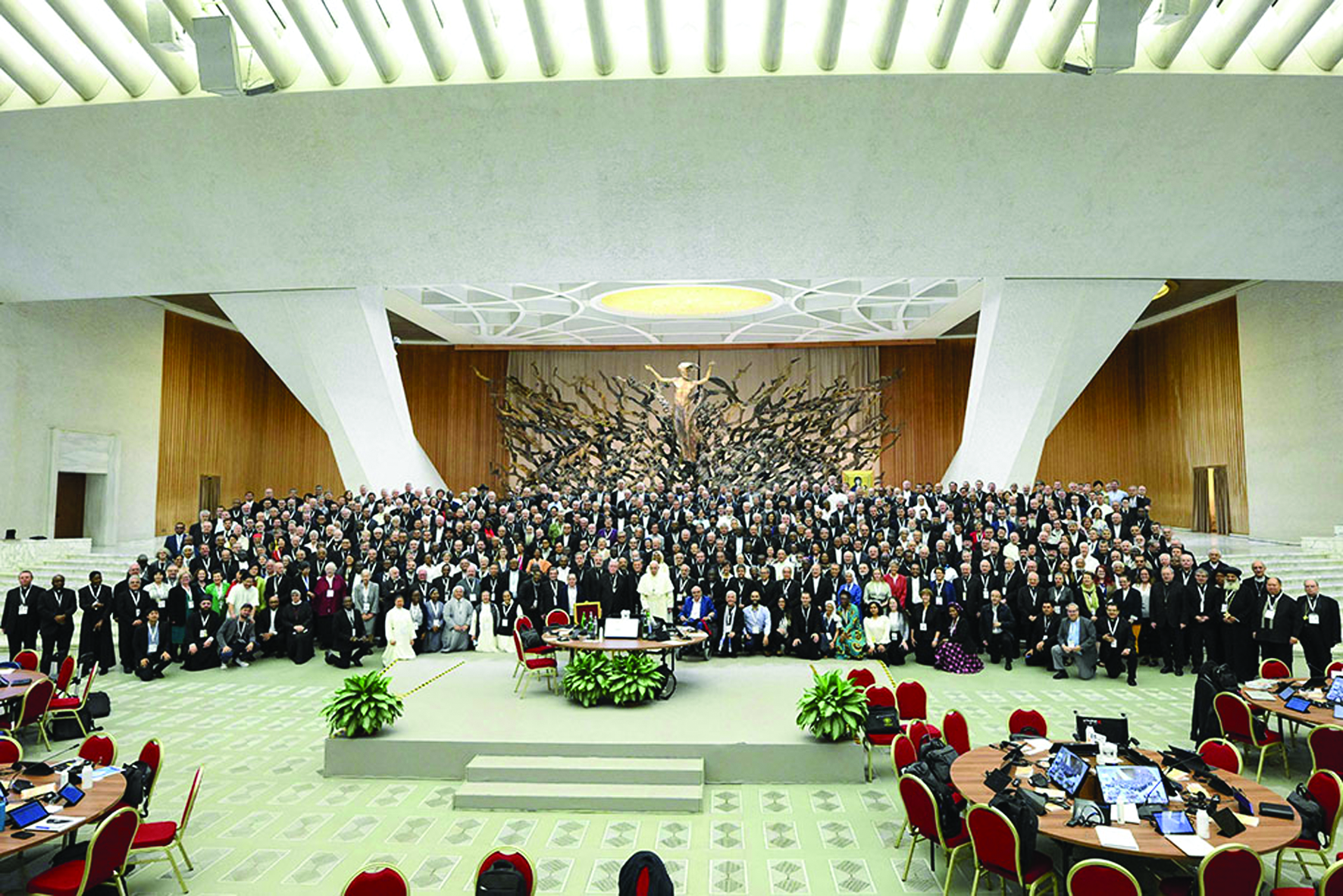
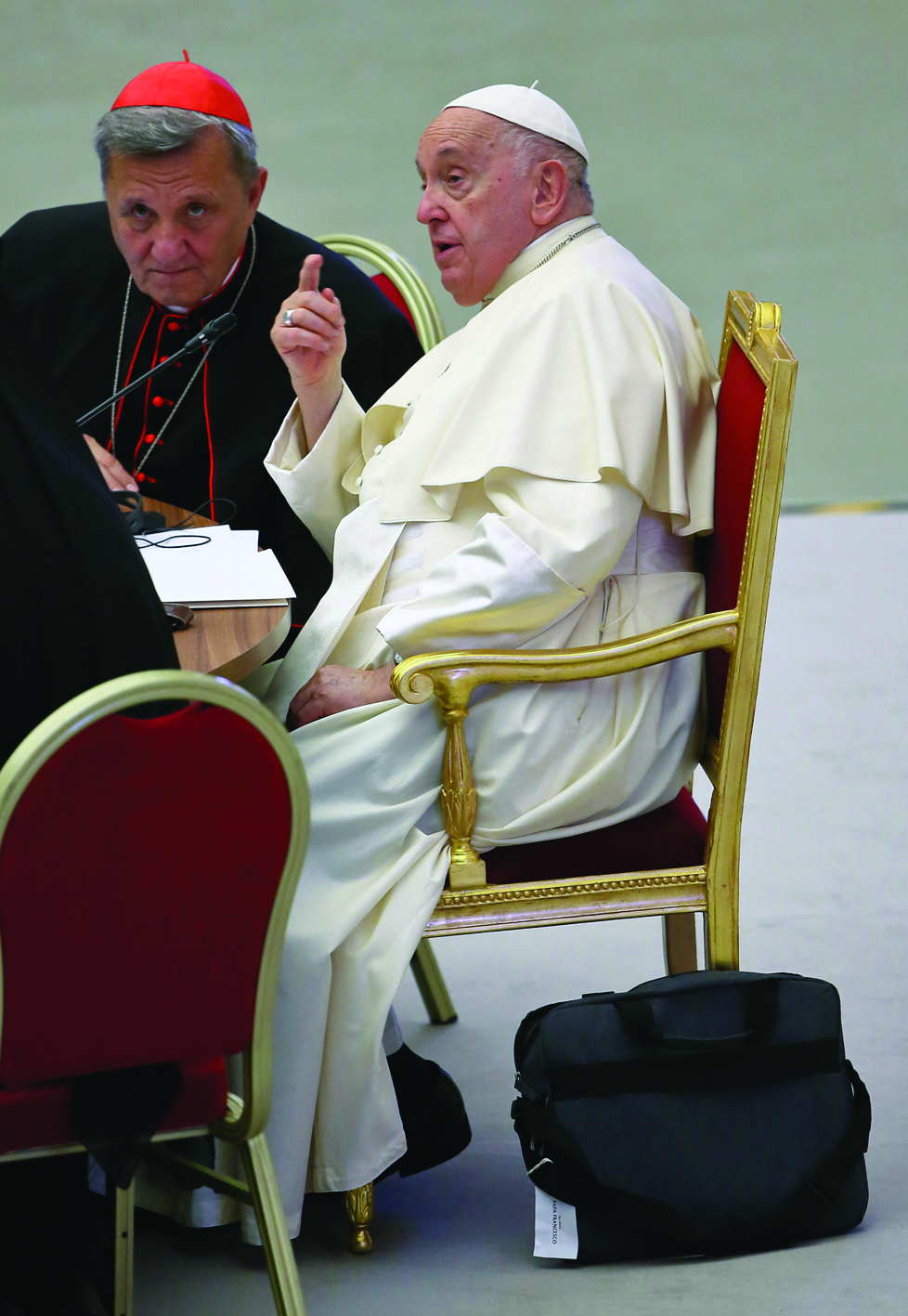
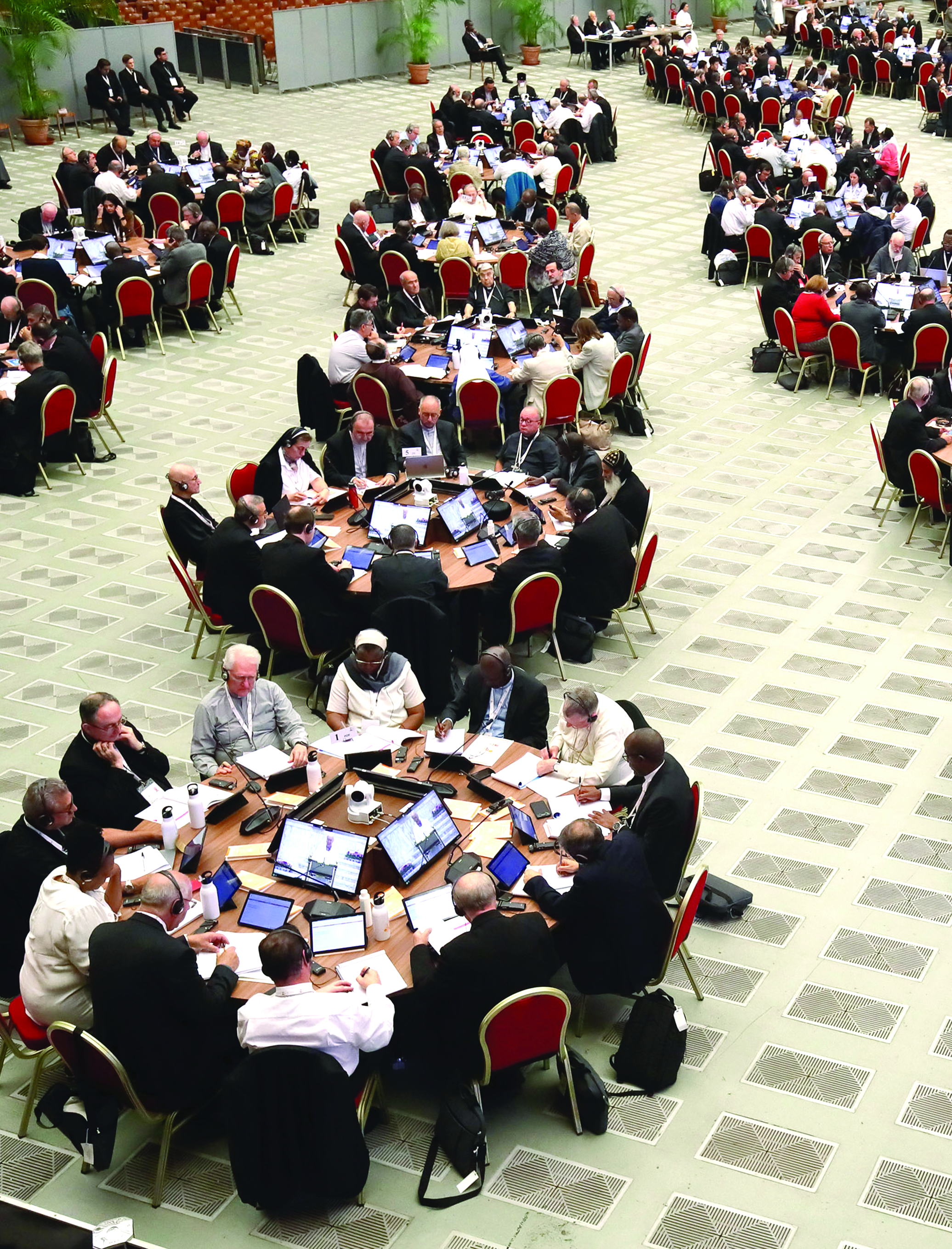
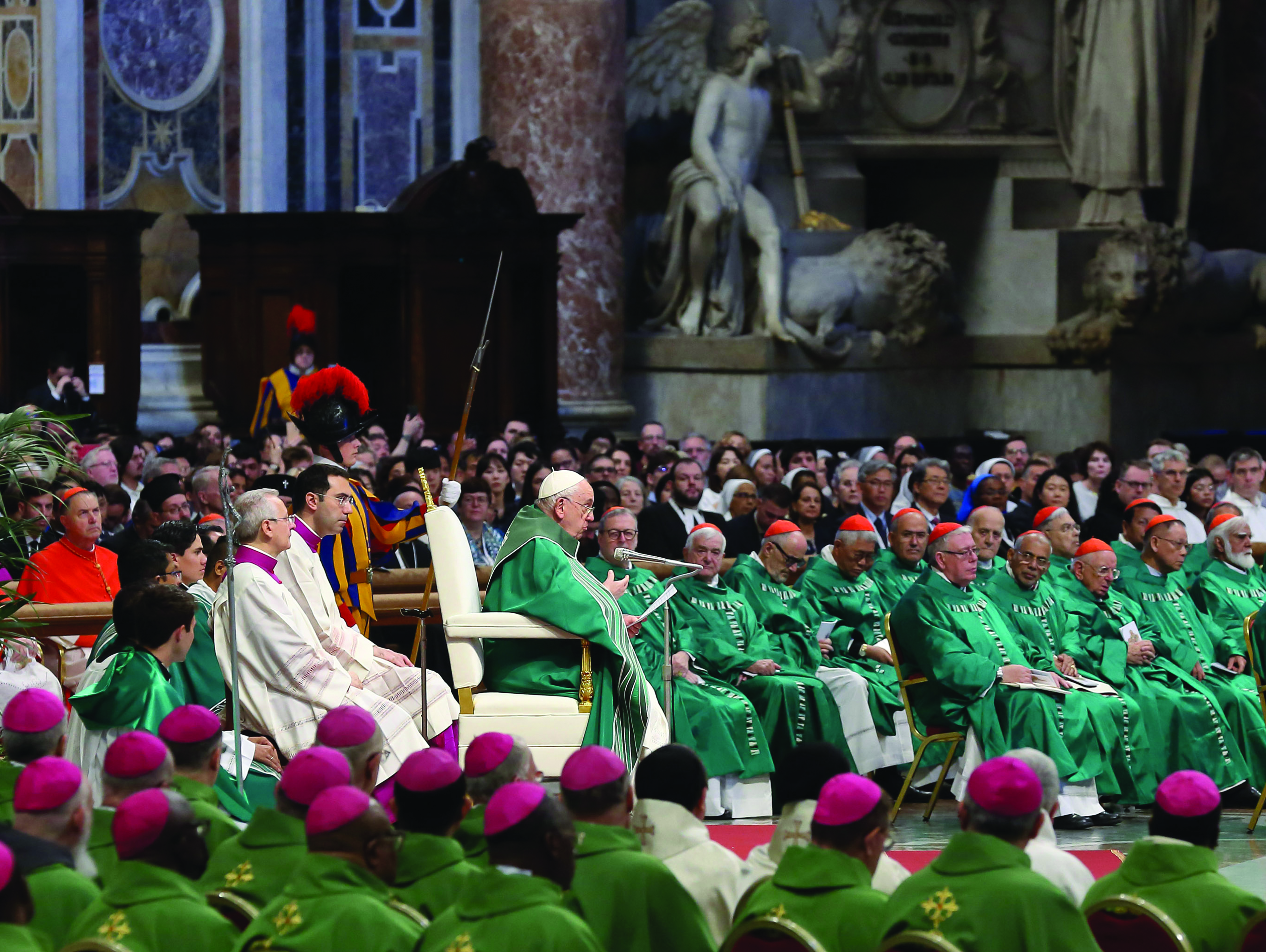
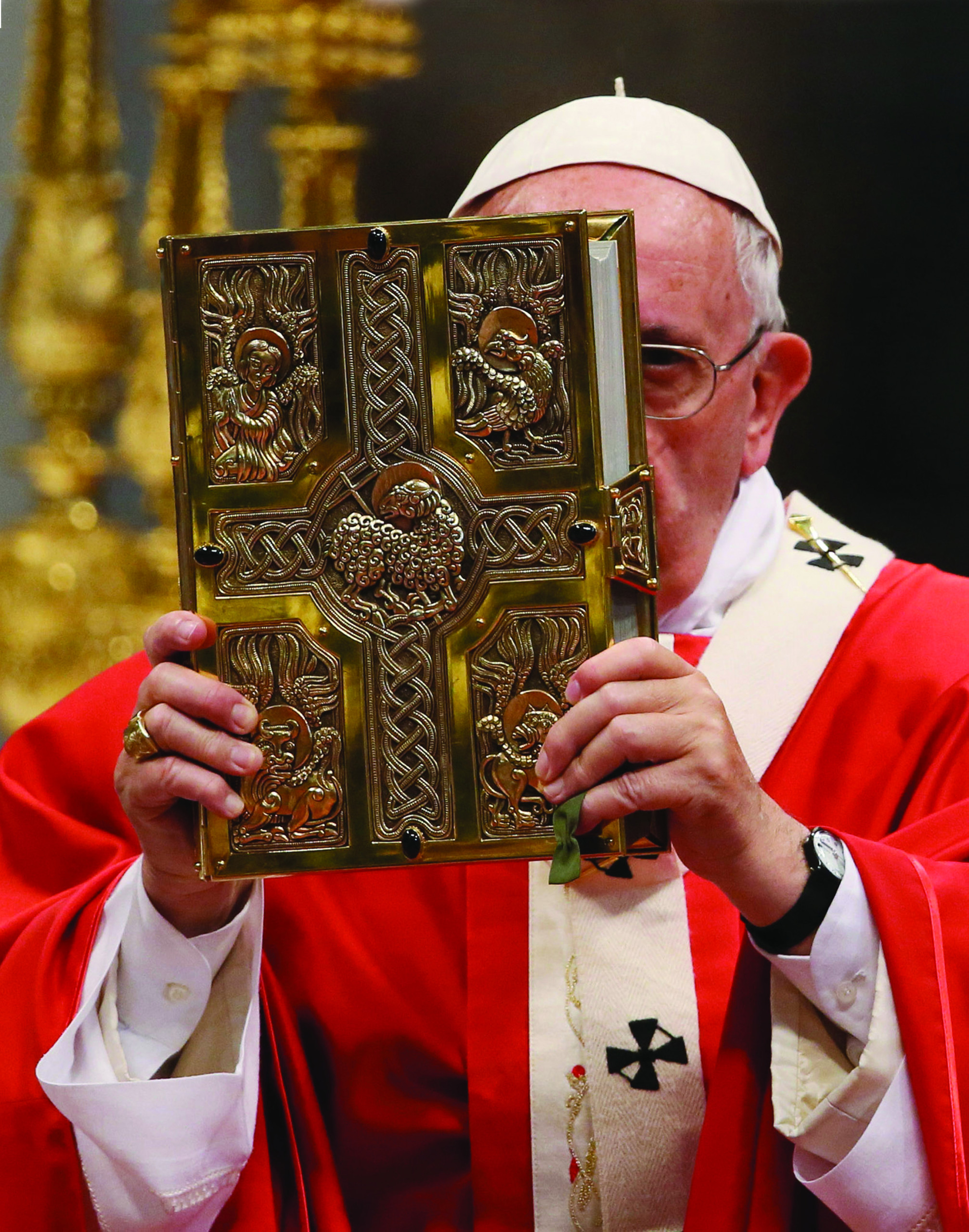
Facebook Comments